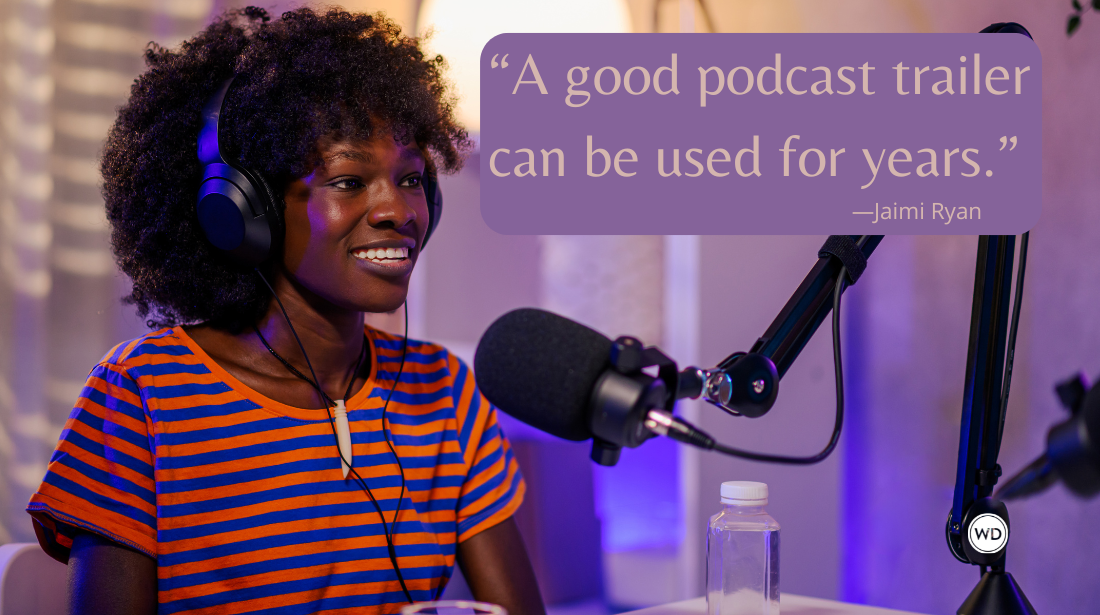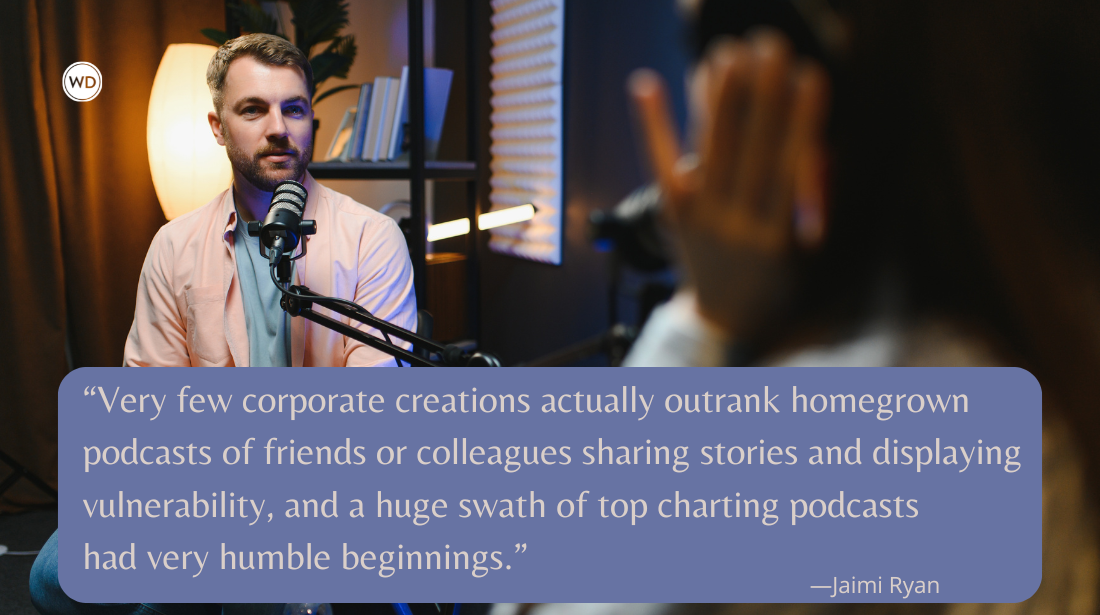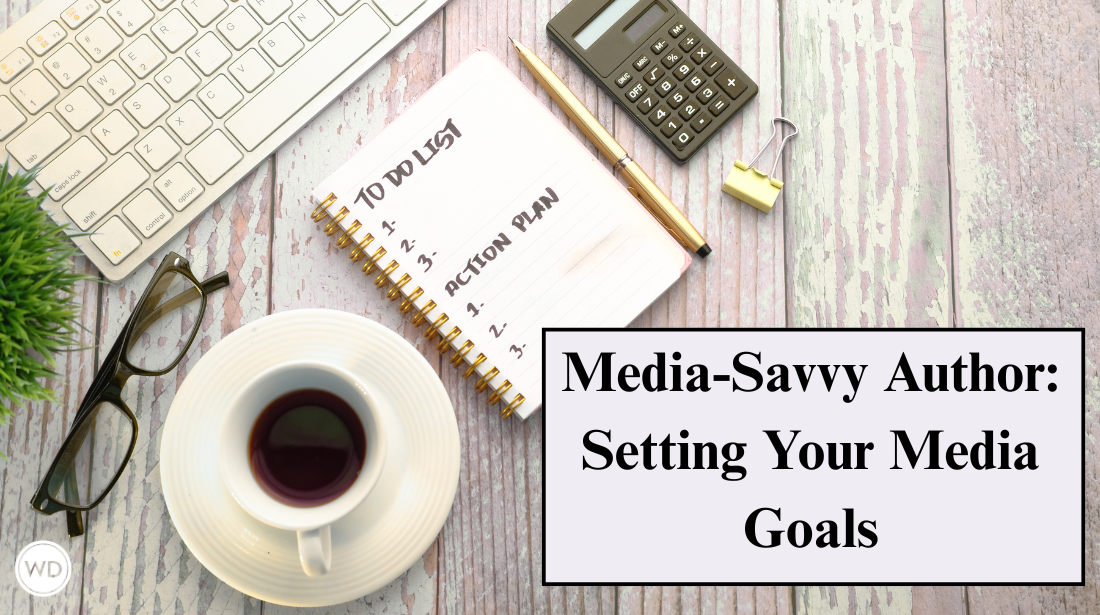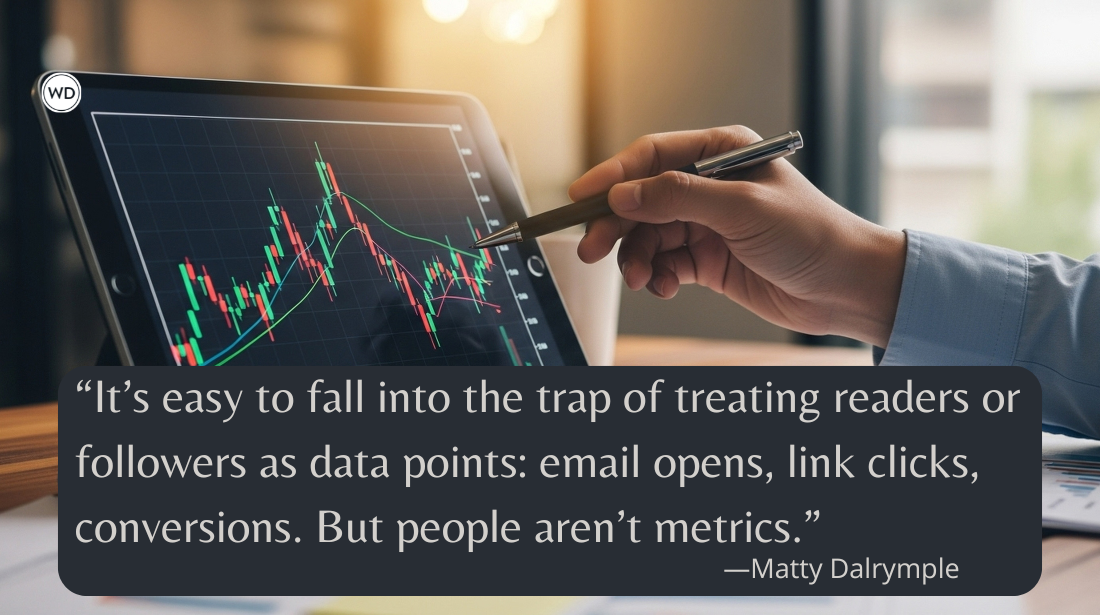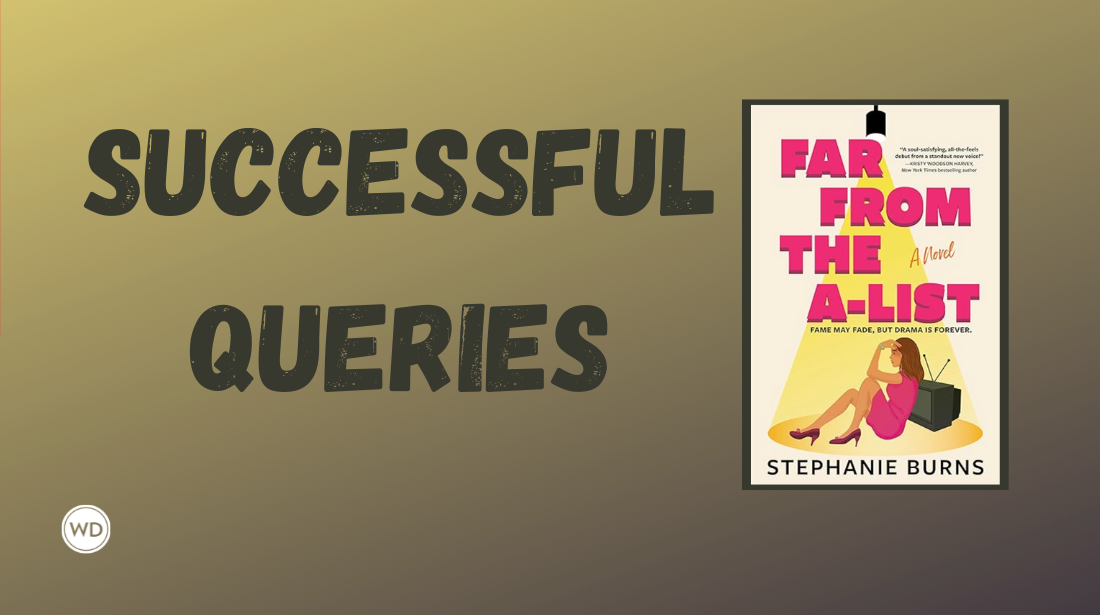Super-Powered Book Proposals Secret #3: Always Evaluate Online Competitors
This post is part of a series I’m writing on how to super-power your nonfiction book proposal. For the majority of nonfiction book ideas (except possibly memoir), you should prepare…
This
post is part of a series I'm writing on how to super-power your
nonfiction book proposal. For the majority of nonfiction book ideas
(except possibly memoir), you should prepare a book proposal first,
rather than write the manuscript. To find out if you should write a book proposal, click here.
Secret #3: Always Evaluate Your Online Competitors
If you were writing a nonfiction book 20 years ago, your greatest competition was probably other books on the same topic.
If you're writing a nonfiction book today, your greatest competition is probably a website, online community, or well-known blogger.
This is why your proposal shouldn't evaluate just competing book titles, but also websites or experts serving the same audience.
How do you identify these sources?
- Well, perhaps obvious, but where do you go? What online sources do you rely on and visit for up-to-date information and insight?
- Google your topic, or the problem it solves. What terms would people search for if they wanted information or a solution? What turns up? Is it easy to get needed and authoritative information? Is it free or behind a pay wall?
- Where do online experts and authorities send people for more information? Do they frequently reference books?
- What would a librarian look at? Ask your local librarian where they would look for information on the topic you're writing about.
For technically sophisticated online readers: You must check out these instructions from ReadWriteWeb that help you identify and aggregate the most popular bloggers and social media sources of information on any topic.
In many nonfiction topics and categories, the availability of online information can immediately kill the potential for a print book unless:
- You have a very compelling platform and means of reaching your target audience, and they prefer books.
- You already reach an online market and they are clamoring for a book.
- You are writing something that isn't best served through online reading or search. (E.g., think about long-form journalism or narratives, in-depth analysis, some types of heavily illustrated works, and so on.)
It's a given that every book proposal should have a competing titles section—to talk about how your book will be different from what's already on the shelf.
But somewhere in your proposal, you MUST address the competitive nature of online, multimedia, social media, and/or mobile resources, and why your idea merits—even demands—book treatment.
For some authors, this may be the most critical argument you make in your proposal.
You may realize, in the process of researching the competition online, that what you should really do is not publish a book, but get started with e-media instead.
Many book ideas I see pitched should really start out as a site or community—even if only to test-market the idea, to learn more about the target audience, and to ultimately produce a print product that has significant value and appeal in its offline presentation.
Previous blog posts on this topic:
- Super-Powered Book Proposals Secret #1: There Is No Try. Do!
- Super-Powered Book Proposals Secret #2: Numbers Always Need Meaning and Context
- A Book Proposal Is Like a Business Plan
- The Golden Rule About Nonfiction Books
- Craft a Salable Nonfiction Hook
- Not All Books Need to Be Well-Written to Sell
Looking for the best guide ever to book proposals? Check out Michael Larsen's How to Write a Book Proposal, the most definitive guide on the topic since the 1980s.
Jane Friedman is a full-time entrepreneur (since 2014) and has 20 years of experience in the publishing industry. She is the co-founder of The Hot Sheet, the essential publishing industry newsletter for authors, and is the former publisher of Writer’s Digest. In addition to being a columnist with Publishers Weekly and a professor with The Great Courses, Jane maintains an award-winning blog for writers at JaneFriedman.com. Jane’s newest book is The Business of Being a Writer (University of Chicago Press, 2018).




